
Carouge: Geneva's Mediterranean Gem
Carouge, often referred to as Geneva's 'Little Italy,' offers a charming escape from the city's more modern parts. Originally built by the Sardinians in the 18th century, this neighbourhood has retained much of its Mediterranean flair. Its narrow streets, pastel-colored houses, and lush courtyards give it a unique, almost village-like atmosphere that feels worlds away from the bustling city centre. Wander through Carouge's markets, and you will find an array of local produce, handmade crafts, and vintage treasures. The Marché de Carouge is particularly famous for its lively ambience and diverse offerings, making it a must-visit for anyone wanting to experience the local culture. The neighbourhood is also home to a variety of boutiques, art galleries, and antique shops that offer a delightful shopping experience. When it comes to dining, Carouge does not disappoint. The area is filled with cafes, bakeries, and restaurants offering everything from traditional Swiss dishes to Mediterranean and international cuisines. Enjoy a leisurely meal at one of the many outdoor terraces, where you can savor the flavors of Geneva while soaking in the picturesque surroundings. For those interested in history and architecture, Carouge is a treasure trove. The neighbourhood's distinctive Sardinian architecture is evident in its arched windows, wrought-iron balconies, and decorative facades. Don't miss the chance to visit the Église Sainte-Croix, a beautiful church that stands as a testament to Carouge's rich cultural heritage.
Local tips in Carouge
- Visit the Marché de Carouge on Wednesdays and Saturdays for the best market experience.
- Don't miss the artisan shops and boutiques for unique souvenirs.
- Take a guided walking tour to fully appreciate the history and architecture of the area.
- Reserve a table at a local restaurant in advance, especially on weekends.
Carouge: Geneva's Mediterranean Gem
Carouge, often referred to as Geneva's 'Little Italy,' offers a charming escape from the city's more modern parts. Originally built by the Sardinians in the 18th century, this neighbourhood has retained much of its Mediterranean flair. Its narrow streets, pastel-colored houses, and lush courtyards give it a unique, almost village-like atmosphere that feels worlds away from the bustling city centre. Wander through Carouge's markets, and you will find an array of local produce, handmade crafts, and vintage treasures. The Marché de Carouge is particularly famous for its lively ambience and diverse offerings, making it a must-visit for anyone wanting to experience the local culture. The neighbourhood is also home to a variety of boutiques, art galleries, and antique shops that offer a delightful shopping experience. When it comes to dining, Carouge does not disappoint. The area is filled with cafes, bakeries, and restaurants offering everything from traditional Swiss dishes to Mediterranean and international cuisines. Enjoy a leisurely meal at one of the many outdoor terraces, where you can savor the flavors of Geneva while soaking in the picturesque surroundings. For those interested in history and architecture, Carouge is a treasure trove. The neighbourhood's distinctive Sardinian architecture is evident in its arched windows, wrought-iron balconies, and decorative facades. Don't miss the chance to visit the Église Sainte-Croix, a beautiful church that stands as a testament to Carouge's rich cultural heritage.
Iconic landmarks you can’t miss
Musée de Carouge
Explore the vibrant art scene at Musée de Carouge, a hub of creativity and culture in the heart of Carouge, Switzerland.
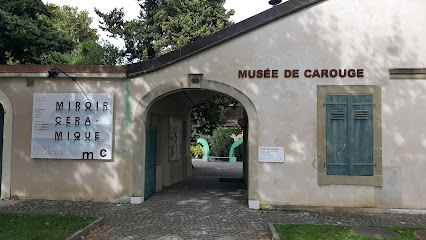
Square Tambourine
Explore Square Tambourine, a serene park in Carouge perfect for relaxation, picnics, and enjoying local culture amidst nature's beauty.
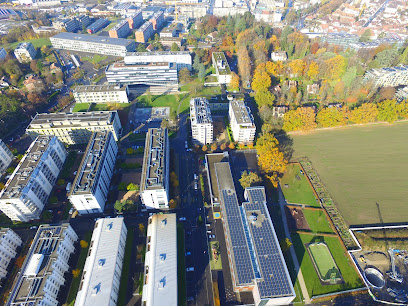
Vases d'Honneur Genève
Experience serenity and architectural beauty at Vases d'Honneur Genève, a charming evangelical church in the heart of Carouge.
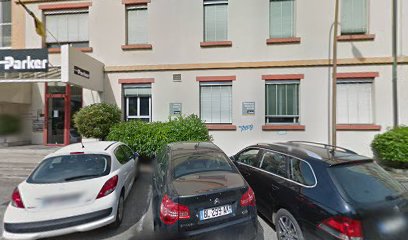
Carouge
Explore the vibrant charm of Carouge, Geneva's artistic suburb, known for its unique markets, boutique shops, and rich cultural experiences.
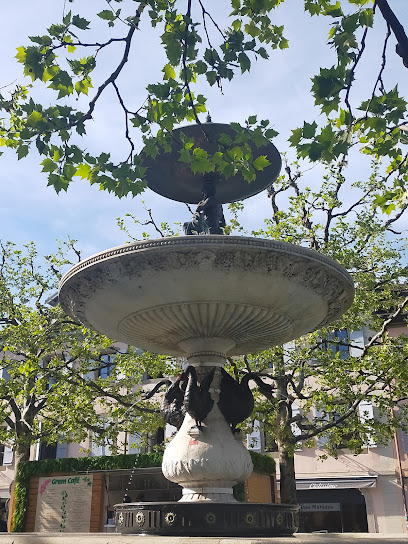
Place du Temple
Experience the enchanting atmosphere of Place du Temple in Carouge, where historical charm meets modern vibrancy, perfect for leisurely exploration.
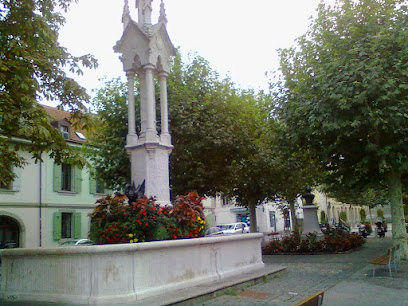
Bronze goose
Discover the captivating Bronze Goose in Carouge, a stunning artwork reflecting the town's rich artistic heritage and cultural charm.
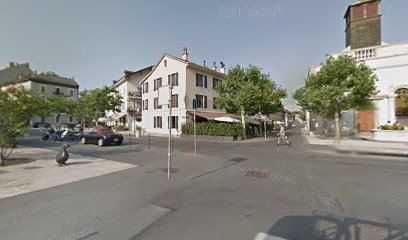
Fontaine Blavignac, Temple
Explore the captivating Fontaine Blavignac Temple in Carouge, a serene destination rich in history and spiritual elegance.
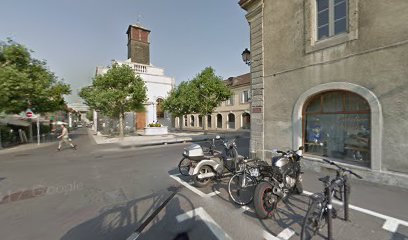
Statut de Moïse Vautier
Explore the iconic Statue of Moïse Vautier in Carouge, Switzerland, and immerse yourself in the city's rich cultural heritage and vibrant atmosphere.
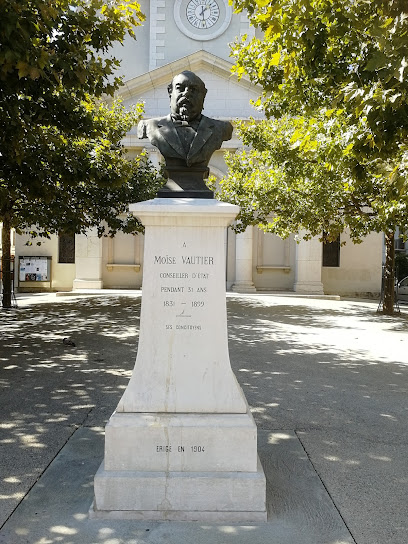
Fontaine de Blavignac, Place du Marché
Explore the historical Fontaine de Blavignac in Carouge, a vibrant landmark surrounded by culture, art, and local flavors.
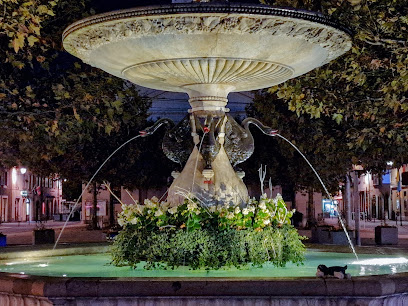
Carouge magique
Explore the artistic charm and vibrant culture of Carouge Magique, a unique Swiss destination filled with colorful architecture and local treasures.
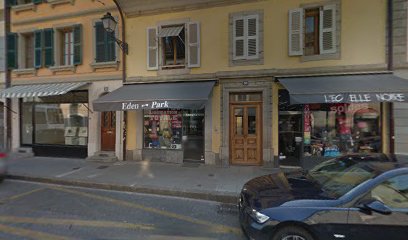
Unmissable attractions to see
Jardin Anglais
Discover the tranquil beauty of Jardin Anglais, a stunning park in Geneva, Switzerland, featuring vibrant gardens, historical monuments, and breathtaking lake views.
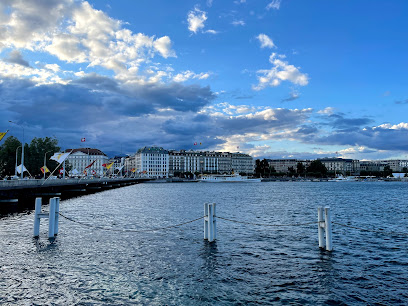
Conservatory and Botanical garden Geneva
Explore the tranquil beauty of the Conservatory and Botanical Garden of Geneva, where over 12,000 plant species await your discovery in a serene environment.
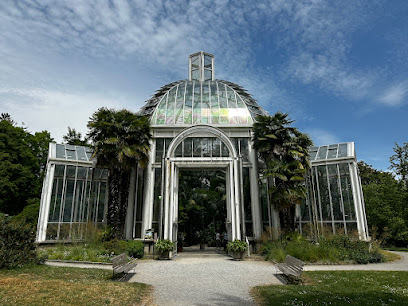
Parc de La Grange
Explore Parc de La Grange: A scenic park in Geneva featuring beautiful gardens, play areas for kids, and stunning views of Lake Geneva.
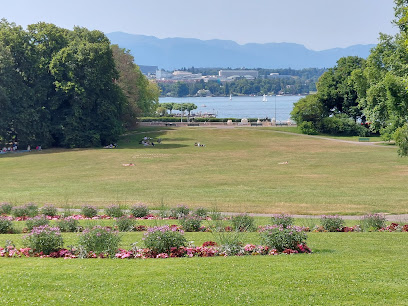
Brunswick Monument
Explore the Brunswick Monument, a stunning neo-Gothic tribute in Geneva's Jardin des Alpes, surrounded by breathtaking views and rich history.
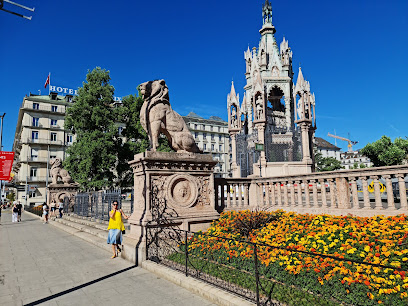
Parc Mon Repos
Explore the serene beauty of Parc Mon Repos, a tranquil park in Geneva filled with lush landscapes, charming statues, and peaceful walking paths.
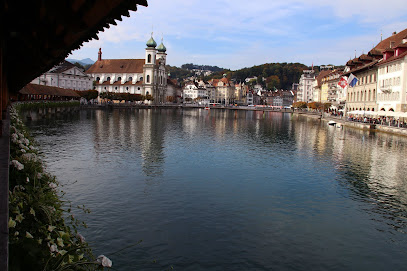
Parc de La Perle du Lac
Discover the serene beauty of Parc de La Perle du Lac, a stunning lakeside park in Geneva known for its lush gardens and breathtaking views.
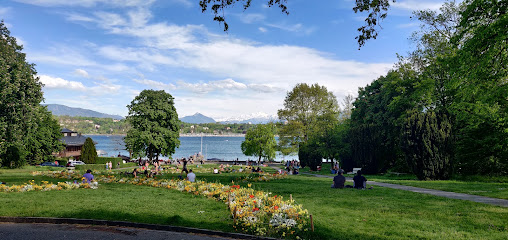
Parc Malagnou
Discover the enchanting Parc Malagnou in Geneva, a serene park perfect for relaxation, picnics, and enjoying nature's beauty in the heart of the city.
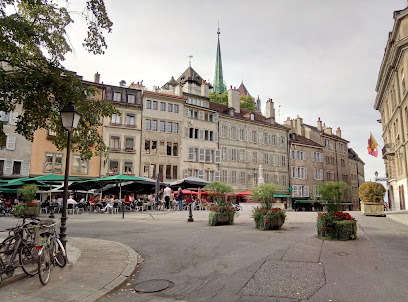
Promenade de la Treille
Discover the serene beauty of Promenade de la Treille in Geneva, where nature meets culture in a picturesque promenade.
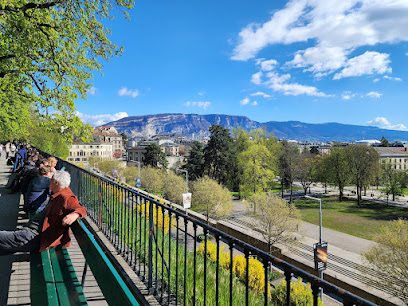
Mosaïque des personnalités de l'eau
Explore the Mosaïque des personnalités de l'eau in Geneva, an artistic tribute to the significance of water through vibrant mosaics and cultural stories.
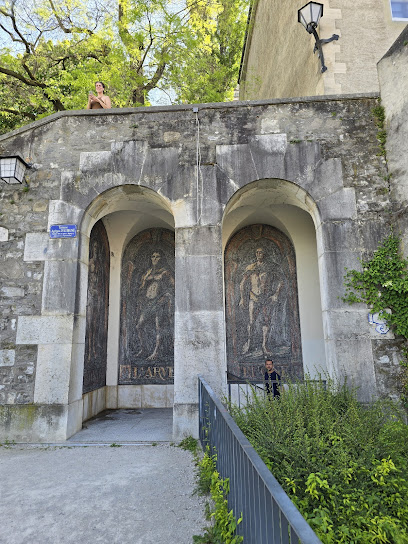
Essential places to dine
Le Flacon
Experience exquisite haute French cuisine at Le Flacon in Carouge - where culinary artistry meets elegant dining.
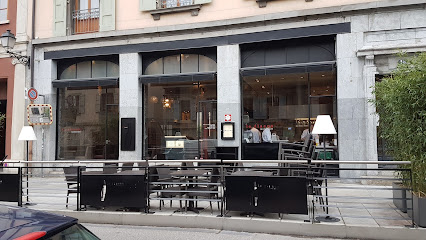
Bistrot du Lion d'Or
Experience authentic Swiss cuisine at Bistrot du Lion d'Or in Carouge - where tradition meets modern taste.
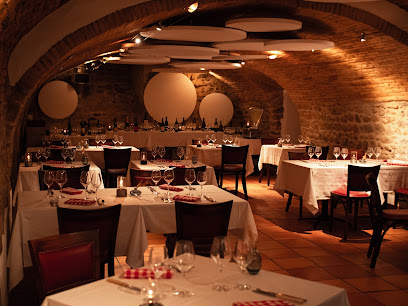
La Huchette
Experience exquisite Swiss-French cuisine at La Huchette in Carouge, where every dish tells a story of culinary mastery.
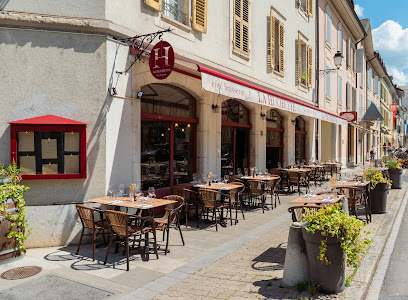
Da Renato
Experience the essence of Italy at Da Renato in Carouge—where authentic Mediterranean flavors meet warm hospitality.
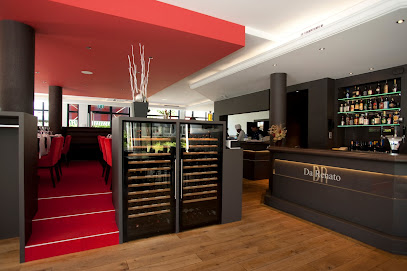
Maison Rouge
Experience exquisite European cuisine at Maison Rouge in Carouge, where every dish tells a story and every meal becomes a cherished memory.
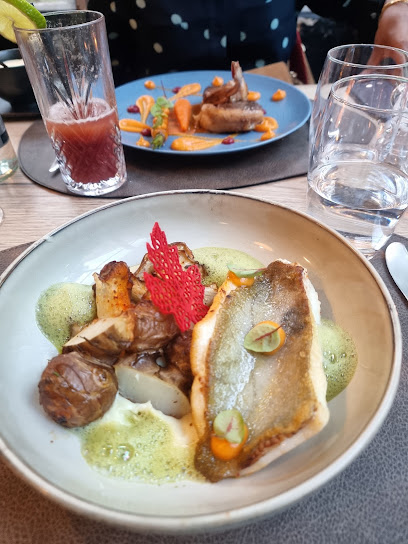
Le Dix Vins
Experience authentic Swiss flavors at Le Dix Vins in Carouge – a culinary haven for food lovers seeking tradition and quality.
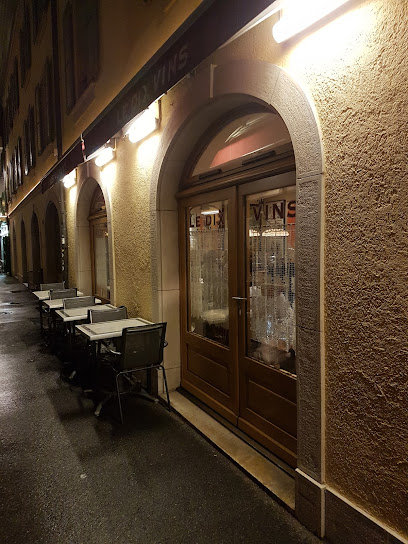
Restaurant Le Trinquet
Discover the exquisite flavors of Swiss and French cuisine at Restaurant Le Trinquet in Geneva's Acacias district.
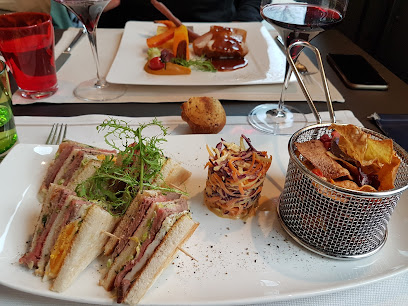
Artichaut
Experience exquisite French cuisine at Artichaut in Carouge, where every dish tells a story and every meal is a celebration.
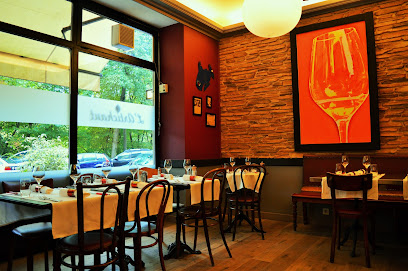
Restaurant Kudeta
Discover exquisite flavors at Restaurant Kudeta in Carouge – where culinary creativity meets local charm.
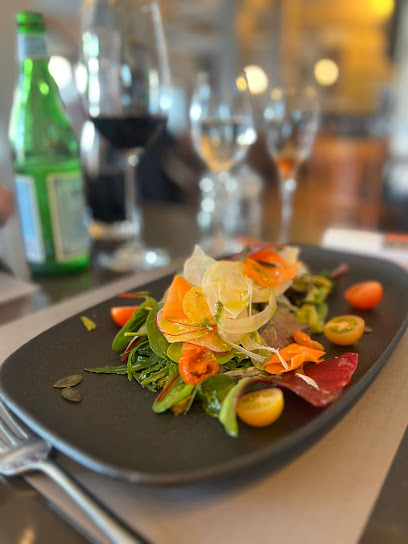
La Bise Restaurant
Experience exquisite Swiss-Mediterranean cuisine at La Bise Restaurant in Carouge—where every meal is a celebration of flavor and freshness.
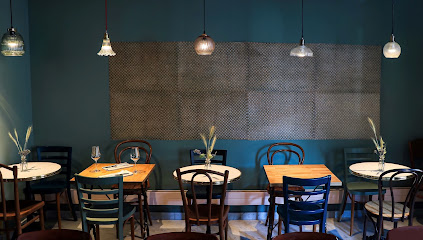
Markets, malls and hidden boutiques
Atelier-Boutique mood Store Carouge
Explore Atelier-Boutique mood Store in Carouge for unique handcrafted jewelry that embodies local artistry and style.
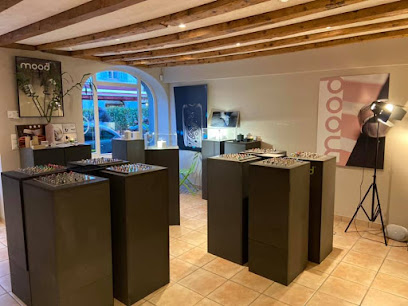
L'échappée belle ...
Explore unique gifts, handcrafted candles, and delightful toys at L'échappée belle, the charming shop in Carouge that showcases local craftsmanship.
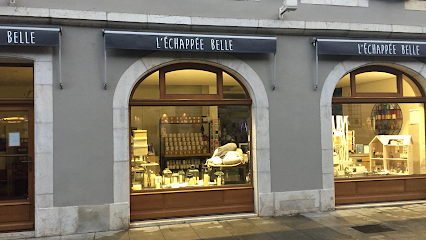
Boutique Japonaise
Discover exquisite Japanese handicrafts and ornaments at Boutique Japonaise in Carouge, a unique shopping experience for art enthusiasts.

Boutique Prunelle
Discover timeless elegance and contemporary fashion at Boutique Prunelle, a premier women's clothing store in Carouge.
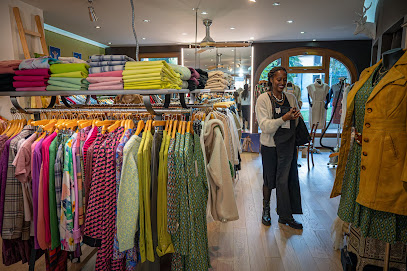
Garçon Manquée, Second Hand Shop DeluxeBoutique numéro 6
Explore Garçon Manquée, Carouge's exclusive second-hand boutique, where luxury meets sustainability with unique designer finds.
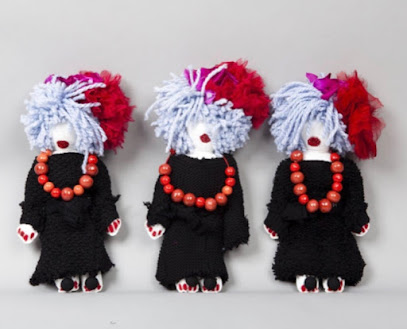
Boutique Différence
Discover stylish clothing and personalized service at Boutique Différence in Carouge, a unique shopping destination for fashion enthusiasts.
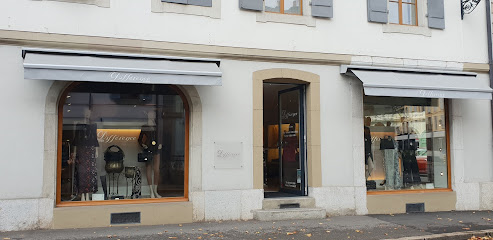
Boutique Soilaine
Discover the charm of Boutique Soilaine in Carouge, where unique fashion meets artistic flair in a picturesque setting.
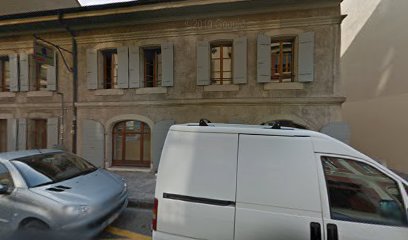
Garde-à-Vue
Explore Garde-à-Vue in Carouge, where contemporary fashion meets local creativity in a charming shopping experience.

Emmaüs Genève (Boutique)
Explore unique treasures at Emmaüs Genève, a charming thrift store in Carouge, where your purchases support community initiatives and sustainability.
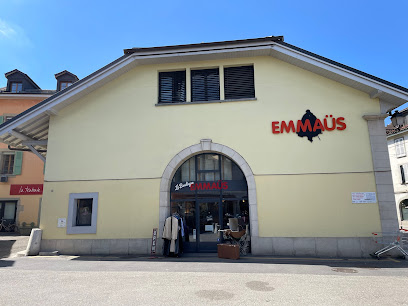
Boutique Les Authentiques
Explore the chic and sustainable fashion offerings at Boutique Les Authentiques in the heart of Carouge, Switzerland.
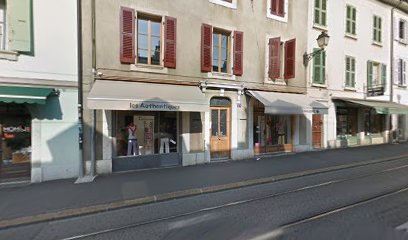
Essential bars & hidden hideouts
Qu'importe
Discover the best of Carouge at Qu'importe, where exquisite tapas, cocktails, and wines come together in a charming atmosphere.
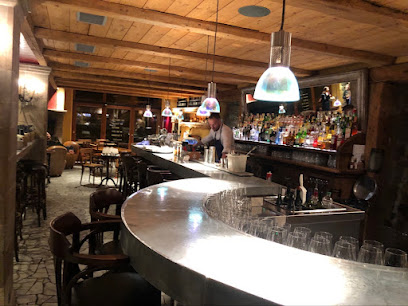
Bar Forge
Experience the cozy charm of Bar Forge, a hidden gem in Carouge, offering a diverse drink selection and a welcoming atmosphere for all.
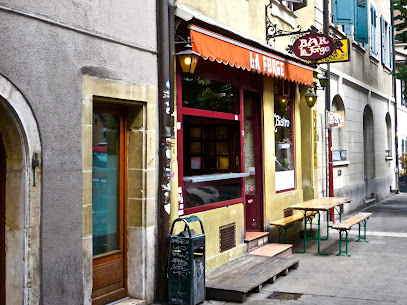
Whiskies Hors Standards
Explore the world of whisky at Whiskies Hors Standards in Carouge, offering rare selections and a welcoming atmosphere for all whisky lovers.
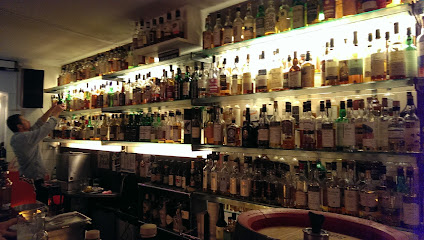
La Plage
Experience the vibrant atmosphere of La Plage, a trendy bar in Carouge, offering delicious cocktails and a lively ambiance for a perfect night out.
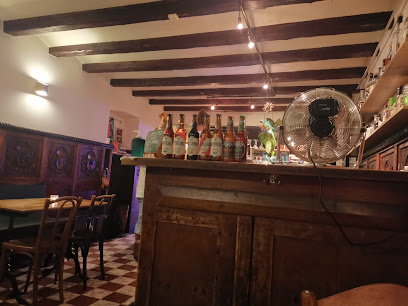
Le Catalpa Bar
Discover Le Catalpa Bar in Carouge, a vibrant destination for exquisite cocktails and a lively atmosphere, perfect for a night out.
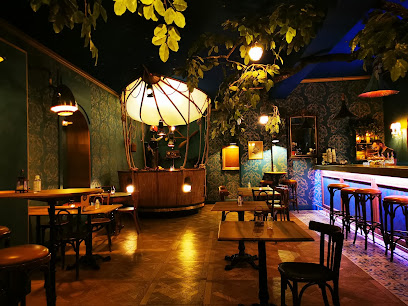
Bar Best of
Experience Geneva's nightlife at Bar Best of, a vibrant bar offering a diverse drink menu in a lively, welcoming atmosphere.
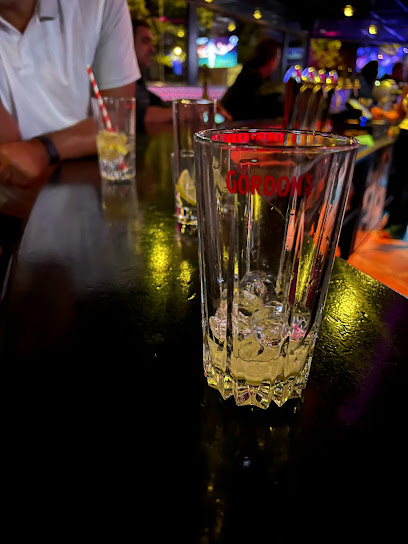
Bar Jet Set
Immerse yourself in the vibrant nightlife of Carouge at Bar Jet Set, where stylish cocktails and a lively atmosphere await.
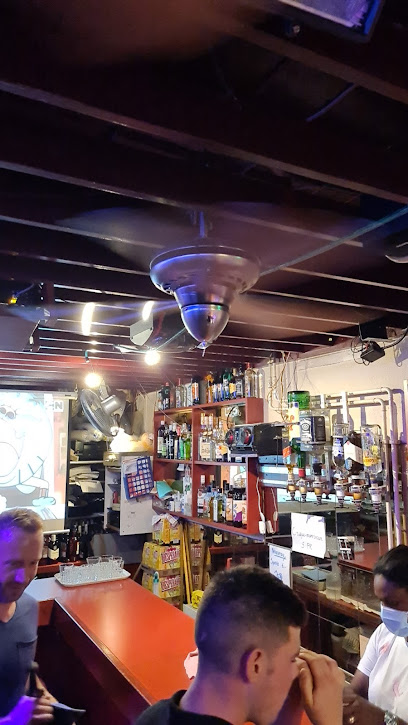
Bar du Bio
Discover Bar du Bio in Carouge - a sustainable bar offering organic drinks and a cozy atmosphere perfect for unwinding after exploring the town.

le bavard
Discover the vibrant atmosphere of Le Bavard, a cozy bar in Carouge, Switzerland, offering exquisite drinks and a perfect space to unwind.
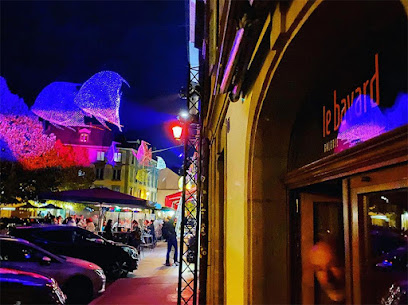
Bar geneve
Discover the charm of Bar Genève in Carouge, where local wines and craft beers meet a cozy atmosphere steeped in community spirit.
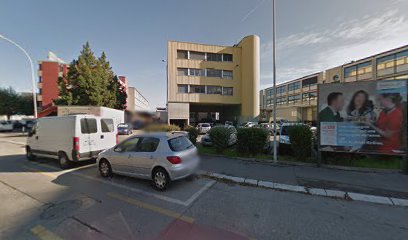
Local Phrases
-
- HelloSalut
[sa-lyoo] - GoodbyeAu revoir
[oh rev-wahr] - YesOui
[wee] - NoNon
[nohn] - Please/You're welcomeS'il vous plaît/De rien
[seel voo pleh/duh ryen] - Thank youMerci
[mehr-see] - Excuse me/SorryExcusez-moi/Désolé
[ex-kew-zay mwah/dey-zoh-lay] - How are you?Comment ça va?
[koh-mohn sa vah] - Fine. And you?Bien. Et toi?
[byen/eh twah] - Do you speak English?Parlez-vous anglais?
[par-lay voo ahn-glay] - I don't understandJe ne comprends pas
[zhuh nuh kohm-prahnd pah]
- HelloSalut
-
- I'd like to see the menu, pleaseJe voudrais voir la carte, s'il vous plaît
[zhuh voo-dray vwahr lah kart, seel voo pleh] - I don't eat meatJe ne mange pas de viande
[zhuh nuh mahnj pah duh vyand] - Cheers!Santé!
[sahn-tay] - I would like to pay, pleaseJe voudrais payer, s'il vous plaît
[zhuh voo-dray pay-yay, seel voo pleh]
- I'd like to see the menu, pleaseJe voudrais voir la carte, s'il vous plaît
-
- Help!Au secours!
[oh seh-coor] - Go away!Allez-vous-en!
[ah-lay vooz ahn] - Call the Police!Appelez la police!
[ah-pay-lay lah poh-lees] - Call a doctor!Appelez un médecin!
[ah-pay-lay uh may-dsahn] - I'm lostJe suis perdu(e)
[zhuh swee pair-doo] - I'm illJe suis malade
[zhuh swee mah-lahd]
- Help!Au secours!
-
- I'd like to buy...Je voudrais acheter...
[zhuh voo-dray ah-shet-ay] - I'm just lookingJe regarde juste
[zhuh ruh-gard zhust] - How much is it?Combien ça coûte?
[kohm-byen sa koot] - That's too expensiveC'est trop cher
[say troh shair] - Can you lower the price?Pouvez-vous baisser le prix?
[poo-vay voo bay-say luh pree]
- I'd like to buy...Je voudrais acheter...
-
- What time is it?Quelle heure est-il?
[kel uhr ay-teel] - It's one o'clockIl est une heure
[eel ay un uhr] - Half past (10)Dix heures et demie
[deez uhr ay duh-mee] - MorningMatin
[mah-tahn] - AfternoonAprès-midi
[ah-pray mee-dee] - EveningSoir
[swahr] - YesterdayHier
[yehr] - TodayAujourd'hui
[oh-zhoor-dwee] - TomorrowDemain
[duh-mahn] - 1Un
[uhn] - 2Deux
[duh] - 3Trois
[twah] - 4Quatre
[kat] - 5Cinq
[sank] - 6Six
[sees] - 7Sept
[set] - 8Huit
[wheat] - 9Neuf
[nuff] - 10Dix
[dee]
- What time is it?Quelle heure est-il?
-
- Where's a/the...?Où est le/la...?
[oo ay luh/lah] - What's the address?Quelle est l'adresse?
[kel ay la-dress] - Can you show me (on the map)?Pouvez-vous me montrer (sur la carte)?
[poo-vay voo muh mohn-tray (soor lah kart)] - When's the next (bus)?Quand est le prochain (bus)?
[kahn ay luh proh-shahn (bus)] - A ticket (to ....)Un billet (pour ....)
[uhn bee-yay (poor)]
- Where's a/the...?Où est le/la...?
History of Carouge
-
Carouge was founded in 1786 by the Duke of Savoy, who aimed to create a new settlement that would serve as a rival to Geneva. Its layout, characterized by its distinct neoclassical architecture, reflects the influence of Italian design, setting it apart from the surrounding areas. The duke's vision was to attract artisans and craftsmen, leading to a diverse community that flourished in its early years.
-
Throughout the 19th century, Carouge became known as a cultural melting pot, attracting a variety of immigrants, including Italians, French, and Swiss. This influx of people contributed to a vibrant local culture, evident in the arts, crafts, and the establishment of lively markets. The artisanal spirit of the neighborhood was solidified with the creation of numerous workshops and boutiques that still exist today.
-
In 1892, Carouge was officially integrated into the city of Geneva. This transition marked a significant change in governance and urban development. The neighborhood began to see modernization efforts, including improved infrastructure and public services, while still maintaining its unique charm and cultural identity.
-
The 20th century saw Carouge emerge as a hub for artists and intellectuals. The neighborhood's bohemian atmosphere attracted painters, poets, and musicians, contributing to its reputation as a center for creativity. Cultural events, galleries, and theaters flourished, cementing Carouge's status as a vibrant artistic community within Geneva.
-
In recent decades, Carouge has undergone significant gentrification, with efforts to preserve its historical architecture and cultural heritage. The neighborhood has revitalized its markets, cafes, and boutiques, drawing both locals and tourists. Festivals celebrating local arts and culture are now commonplace, reflecting Carouge's enduring spirit as a unique and dynamic part of the Geneva region.
Carouge Essentials
-
Carouge is easily accessible from various neighborhoods in Geneva. If you are coming from the city center, you can take tram line 12 or 18, which conveniently stops at the Carouge-Marché station. Alternatively, bus lines 31 and 36 also connect central Geneva to Carouge. For those arriving at the Geneva International Airport, the quickest option is to take a train to Geneva's main station (Gare Cornavin), followed by tram or bus to Carouge.
-
Carouge is a compact neighborhood, making it ideal for exploration on foot. Public transportation is efficient, with tram and bus services that connect you to other parts of Geneva. Biking is also a popular option; you can rent a bicycle through the local bike-sharing service, 'Genève Roule,' to navigate the area at your leisure. Additionally, taxis and rideshare services are available for those preferring a more direct mode of transport.
-
Carouge is generally considered a safe neighborhood for tourists. However, standard safety precautions should be taken, such as avoiding poorly lit areas at night and being aware of your belongings in crowded places. While there are no specific high-crime areas targeting tourists, it is advisable to stay vigilant, especially in areas close to the borders of Carouge.
-
In case of an emergency, dial 112 for immediate assistance. This number works for police, fire, and medical emergencies. The local police station is located in Carouge, and there are medical facilities nearby. It is essential to have travel insurance that covers medical emergencies. For minor health issues, pharmacies are available throughout the neighborhood.
-
Fashion: Do wear comfortable clothing suitable for walking. While Carouge is a laid-back neighborhood, avoid overly casual attire when dining in upscale restaurants. Religion: Do respect the local customs, particularly if visiting religious sites. Public Transport: Do be courteous and offer your seat to elderly passengers. Don’t eat or drink on public transport. Greetings: Do greet locals with a friendly 'Bonjour' or 'Bonsoir.' Eating & Drinking: Do try the local specialties at cafes and restaurants. Don’t waste food or be overly loud in dining establishments.
-
To experience Carouge like a local, consider visiting the weekly market at Place du Marché on Wednesdays and Saturdays, where you can find fresh produce and artisanal goods. Engage with local artisans in the workshops that line the streets, particularly on Rue de Carouge. Don’t miss the opportunity to enjoy an apéritif at one of the many bistros while people-watching. Additionally, embrace the local café culture by taking your time over coffee or a meal, as this is a cherished aspect of daily life in Carouge.
Nearby Cities to Carouge
-
Things To Do in Annecy
-
Things To Do in Lausanne
-
Things To Do in Vevey
-
Things To Do in Montreux
-
Things To Do in Lyon
-
Things To Do in Grenoble
-
Things To Do in Zermatt
-
Things To Do in Thun
-
Things To Do in Bern
-
Things To Do in Murren
-
Things To Do in Interlaken
-
Things To Do in Dijon
-
Things To Do in Grindelwald
-
Things To Do in Turin
-
Things To Do in Basel






